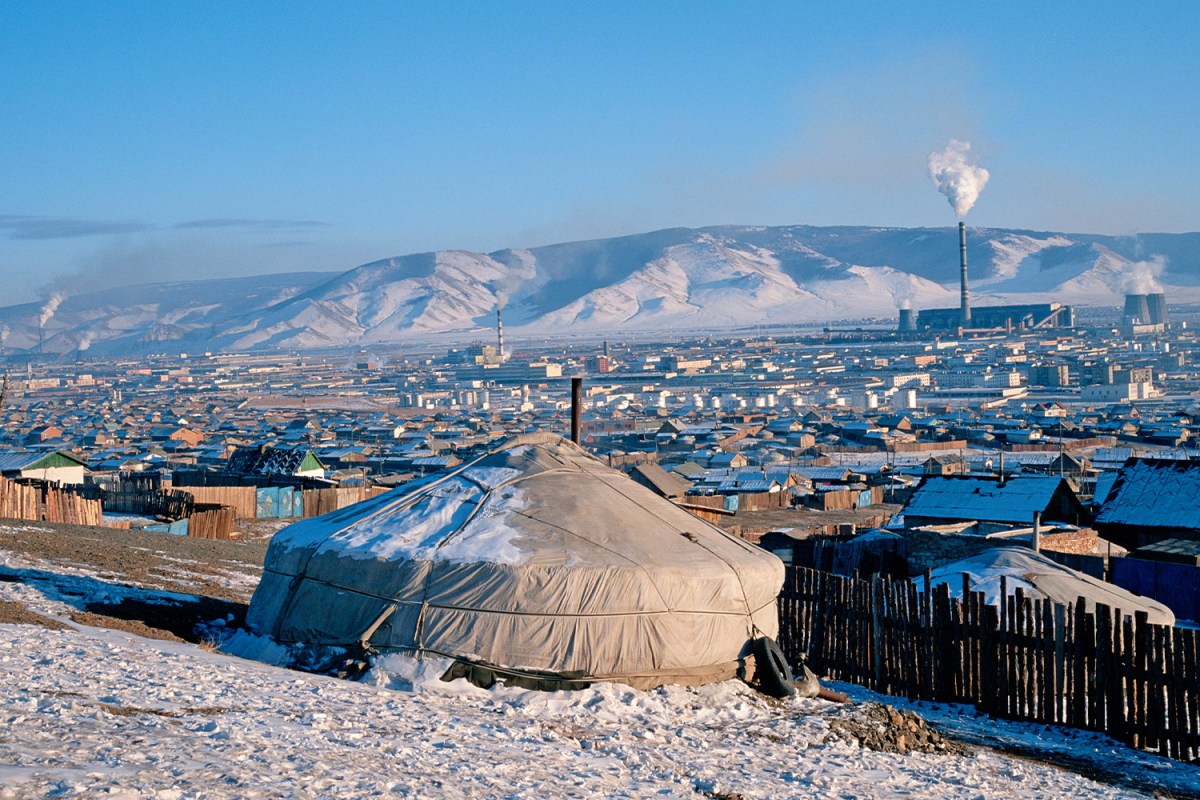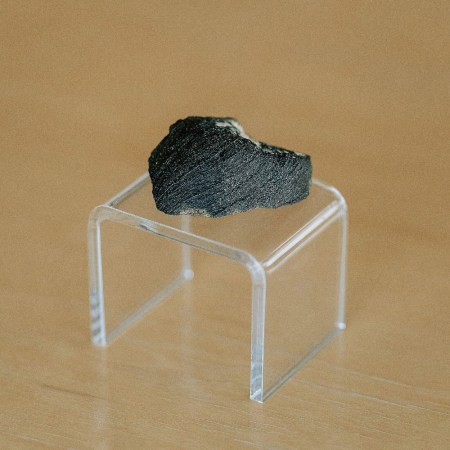In Ulaanbaatar, the air is its own health crisis.
Ulaanbaatar, Mongolia’s capital and home to half of its population, has been under an air pollution crisis alert from UNICEF since 2018 and is one of the most polluted cities in the world. Mongolia’s freezing winters make burning raw coal the easiest way to stay warm for families living in traditional lodgings like yurts, while factories still use coal and pump carbon monoxide emissions into poorer neighborhoods, with devastating results on the population.
Young people in the city are at a heightened risk of asthma, bronchitis, pneumonia, stillbirths and death because of how polluted the air is. One young person said that going outside without a mask stings their throat, and that most citizens have taken to wearing smoke masks every day. They said that since the factories are too close to residential areas, when they open windows they first smell smoke before anything else. Curtains and white clothes get covered in soot, and sleeping with the windows open dries out their skin. From a distance outside of the city, the skyline is indistinguishable, clouded in smog and smoke.
One young person, 16-year-old Anar, said that, “Because of the poor quality of the air we breathe, we have increased headaches, nasal congestion, irritability, stress and psychological instability.”
From WHO, almost all of the world’s population is breathing polluted air, with air pollution causes upwards of 4.2 million deaths every year. Mongolia’s government has since banned burning raw coal, but the issues persist and specifically have had drastic impacts on the Ger people, who live in traditional yurts outside of the city.
Combating air pollution goes hand in hand with climate change policies, namely a focus on planting trees, which absorb air pollutants. Young people in Mongolia are leading the charge in making positive changes to improve air quality; Myclub, an eco-volunteering group for young people, has planted over a million trees since its founding in 2009, playing a large part of Mongolia’s One Billion Trees effort to offset air pollution and provide a better quality of life not just for citizens of Ulaanbaatar but for people around the world.
Thanks for reading InsideHook. Sign up for our daily newsletter and be in the know.


















